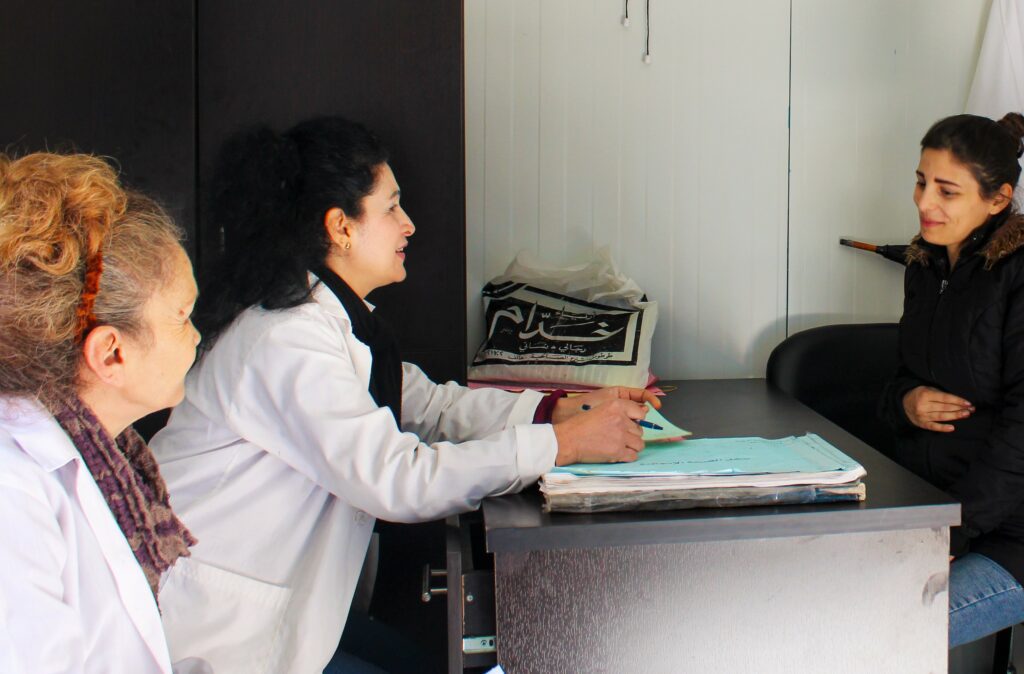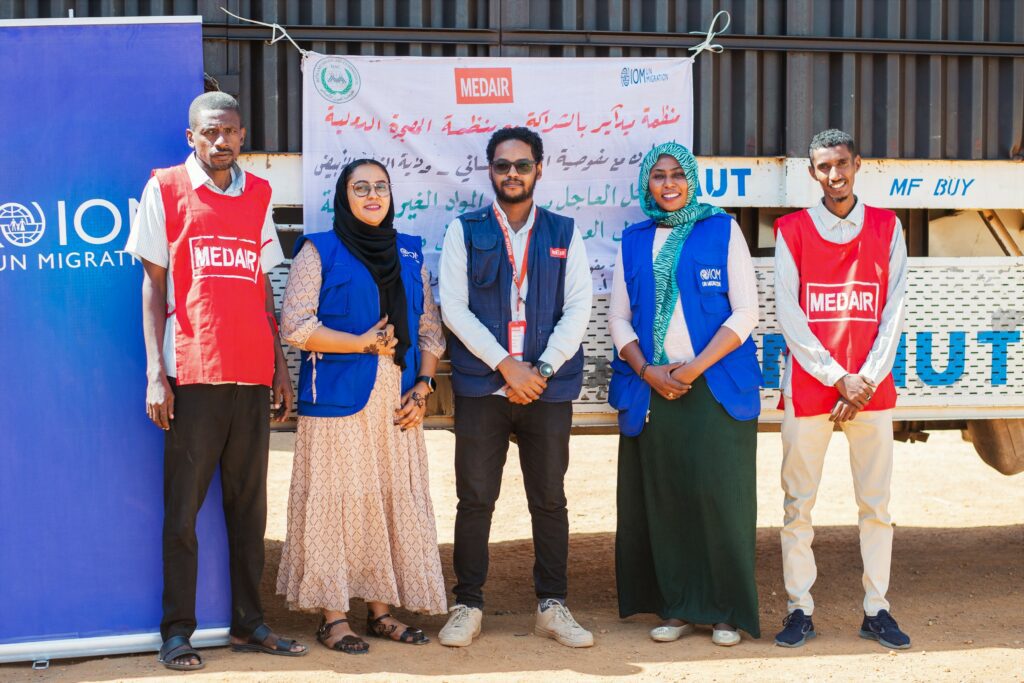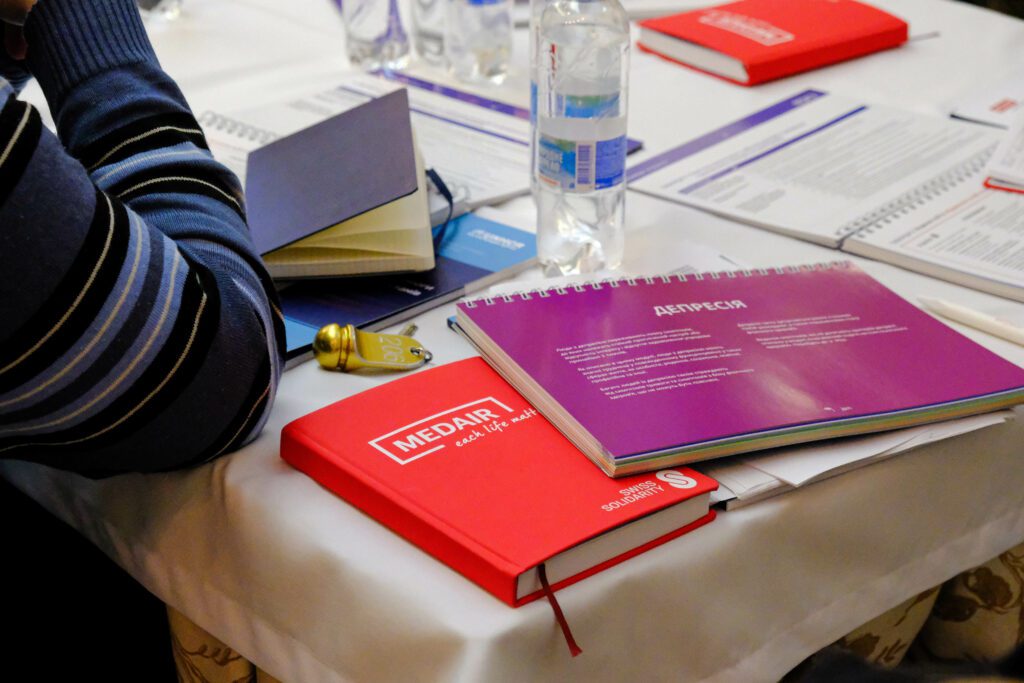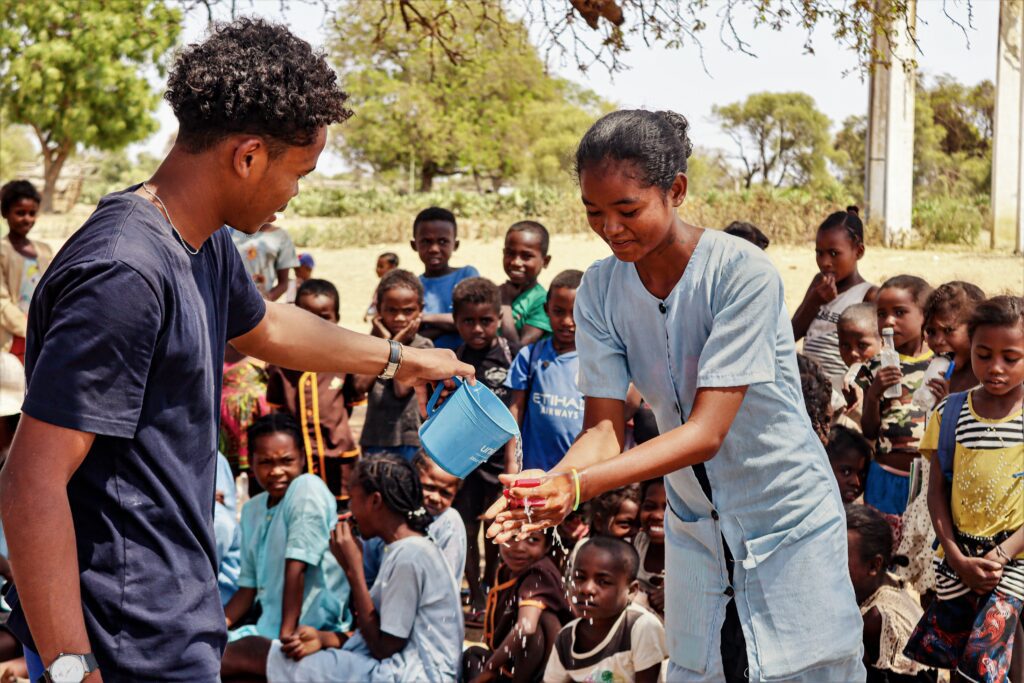The COVID-19 virus will spread further, infect and kill more people, and stay with us longer if we do not join forces across all boundaries. We must rise above borders, religions, and ideologies. In particular, we must not forget those who don’t garner headlines; who are vulnerable due to poverty, conflict, and climate change.
The coronavirus is sweeping the globe.
As we watch developed countries struggle to cope with this pandemic, we know that the worst is yet to come for Africa, the Middle East and other regions that are dealing with pre-existing emergencies. Humanitarian agencies are working to prepare people for a new disease at the same time they are managing outbreaks of measles, high levels of malnutrition, catastrophic flooding, and chronic food shortages.
My Medair colleagues are working in some of the world’s most hard-to-reach areas. I’m thinking about the people I’ve met in South Sudan, where there is an estimated one doctor for every 65,000 people and those in Yemen who are struggling through the world’s worst humanitarian disaster. In Bangladesh, where there are 50,000 people per square kilometre living in Kutupalong Camp. I fear for their lives. The most vulnerable people will suffer disproportionately, as they always do.
Can this virus, which has no respect for social classes, for religious convictions, or for government borders, finally, be the one thing that will unite us? Will we allow this to bring us together in compassion for one another?
Call to action for governments: We need global solidarity.
The world’s wealthiest nations were caught unprepared. Across Europe and in the United States, we faced shortages of vital protection equipment for health care workers, respirators for critically ill people, and a lack of contingency plans to protect elderly people in care facilities. In some of our home countries we are seeing a gradual slowdown in the numbers of new cases, but the worst is yet to come in the world’s lowest-resourced countries. Let’s help them now.
I ask the governments of aid-receiving countries to allow access for relief organisations to deliver humanitarian assistance. Strict movements of cargo and people are leaving some communities without supplies and without skilled workers. Allow us to scale-up urgent activities and to move essential equipment and personnel across borders.
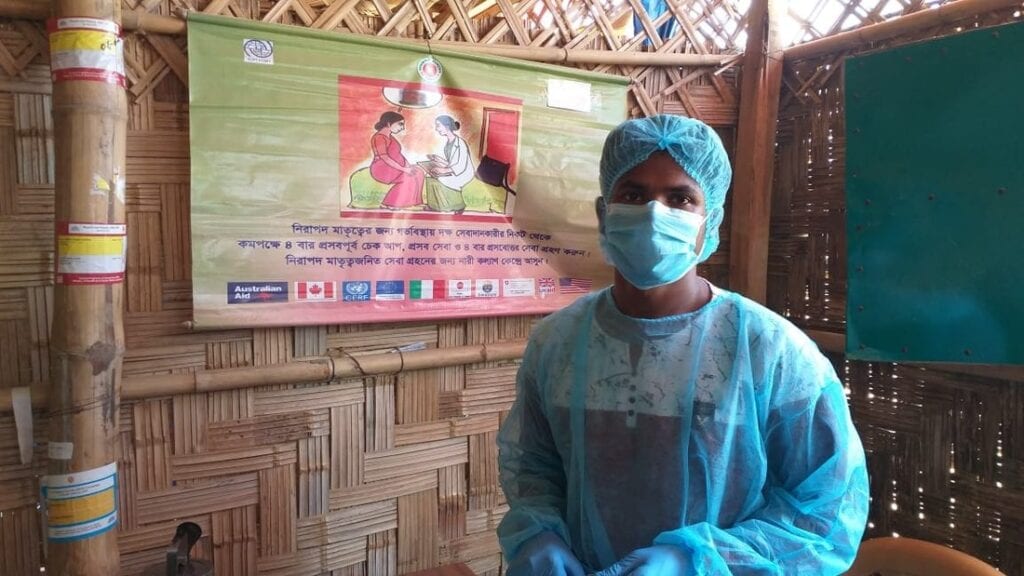 In Kutupalong Refugee Camp it is virtually impossible for people to isolate themselves to prevent transmission of coronavirus. Medair staff are building isolation centres and adding critical care beds in anticipation of COVID-19.
In Kutupalong Refugee Camp it is virtually impossible for people to isolate themselves to prevent transmission of coronavirus. Medair staff are building isolation centres and adding critical care beds in anticipation of COVID-19.
Call to action for media: Tell the stories of those who are most vulnerable.
This COVID-19 pandemic has the potential to kill millions of people who live in places impacted by conflict, climate change and natural disaster. Those who do not fall victim to the virus will struggle with the loss of livelihoods and a shortage of food. Many of them live in places where the media spotlight has shone brightly in the past, but has since moved on as new emergencies arise.
Even before the emergence of coronavirus, the United Nations Office for the Coordination of Humanitarian Affairs (OCHA) estimated that more than 167 million people would need humanitarian assistance in 2020. Many of them live in conditions that lend themselves to the spread of infectious disease and have health conditions which make the virus more deadly. Each one deserves protection from and treatment for COVID-19.
The nature of humanitarian funding is that emergencies which remain high in the headlines receive funding and resources. I ask the media to remember the people who are already suffering from layers of trauma. Each one has a story. Sharing those stories can help prevent a catastrophe.
Call to action for aid organisations and donor countries: Let’s work together.
Our Medair teams are doing everything they can to help local health facilities and communities prepare for this new threat. But I want to be honest with you. We are stretched to maintain supply chains and meet increasing costs. The wealthiest nations are in need of basic health equipment and the high demand is driving up costs. We work in the most fragile of countries and we urgently need additional financial and material resources. Humanitarian actors need an opening of humanitarian corridors to ease the movement of people and aid. Coordination is essential to avoid any gaps in accessing those in need.
Unlike any other, this crisis is teaching us that we are in this together. At a time in history when divisiveness is at an unprecedented high, there is one point at which we are united; the point at which we face this invisible enemy. More than ever before, let us stand with the people who don’t often make headlines but who are potentially the most affected by COVID-19.
It’s not easy to look beyond our own needs at a time like this, but I encourage you to consider praying for and financially supporting aid organisations that are on the front line in forgotten places. Ensure they are able to respond well.
Only when we are united – as governments, media, aid organisations and donor countries – do we have the possibility to mitigate the impact of COVID-19 on those least able to protect themselves. We all need to take action. Let this mark a point in history when we work together like never before.
Header photo: @Medair/Simon Townsley


